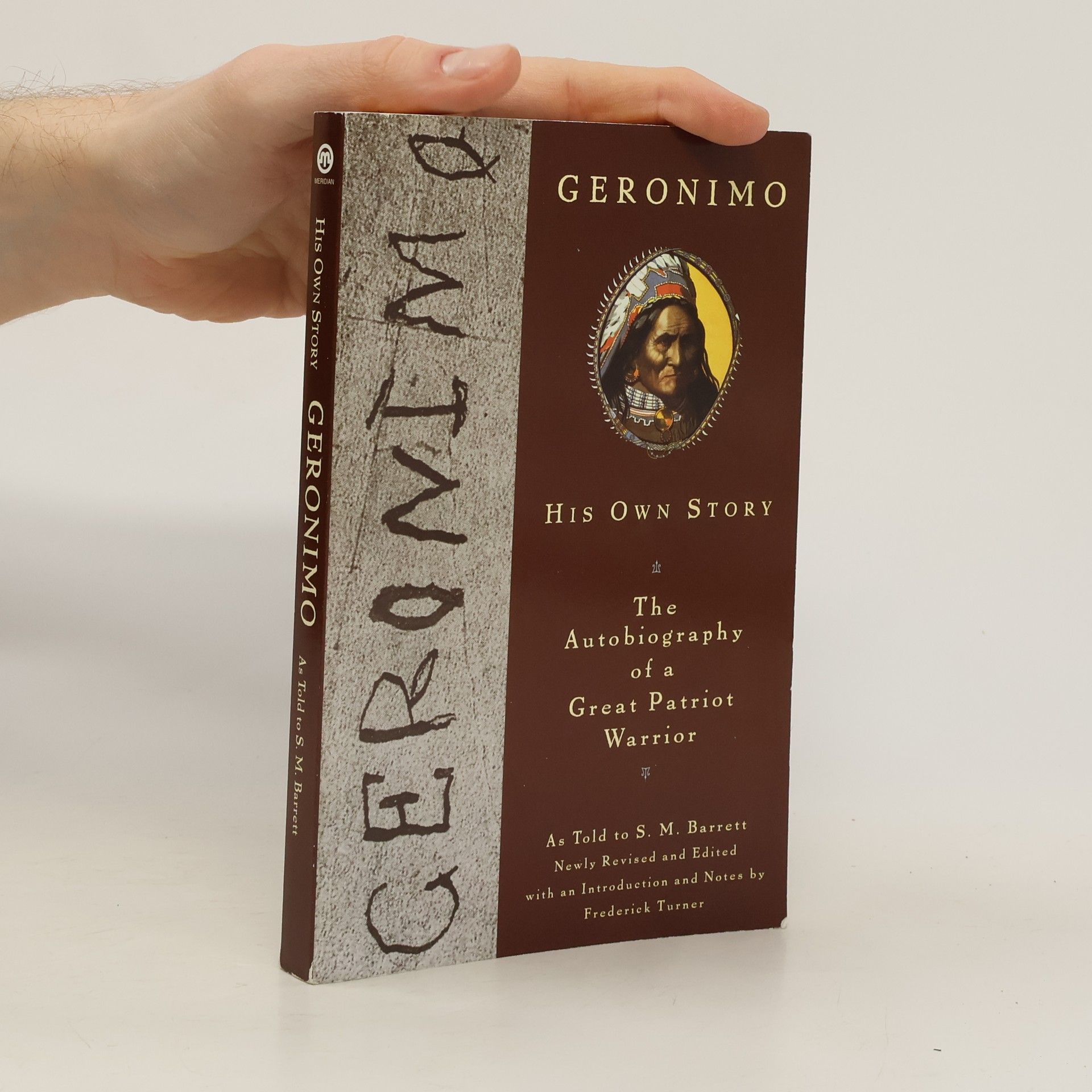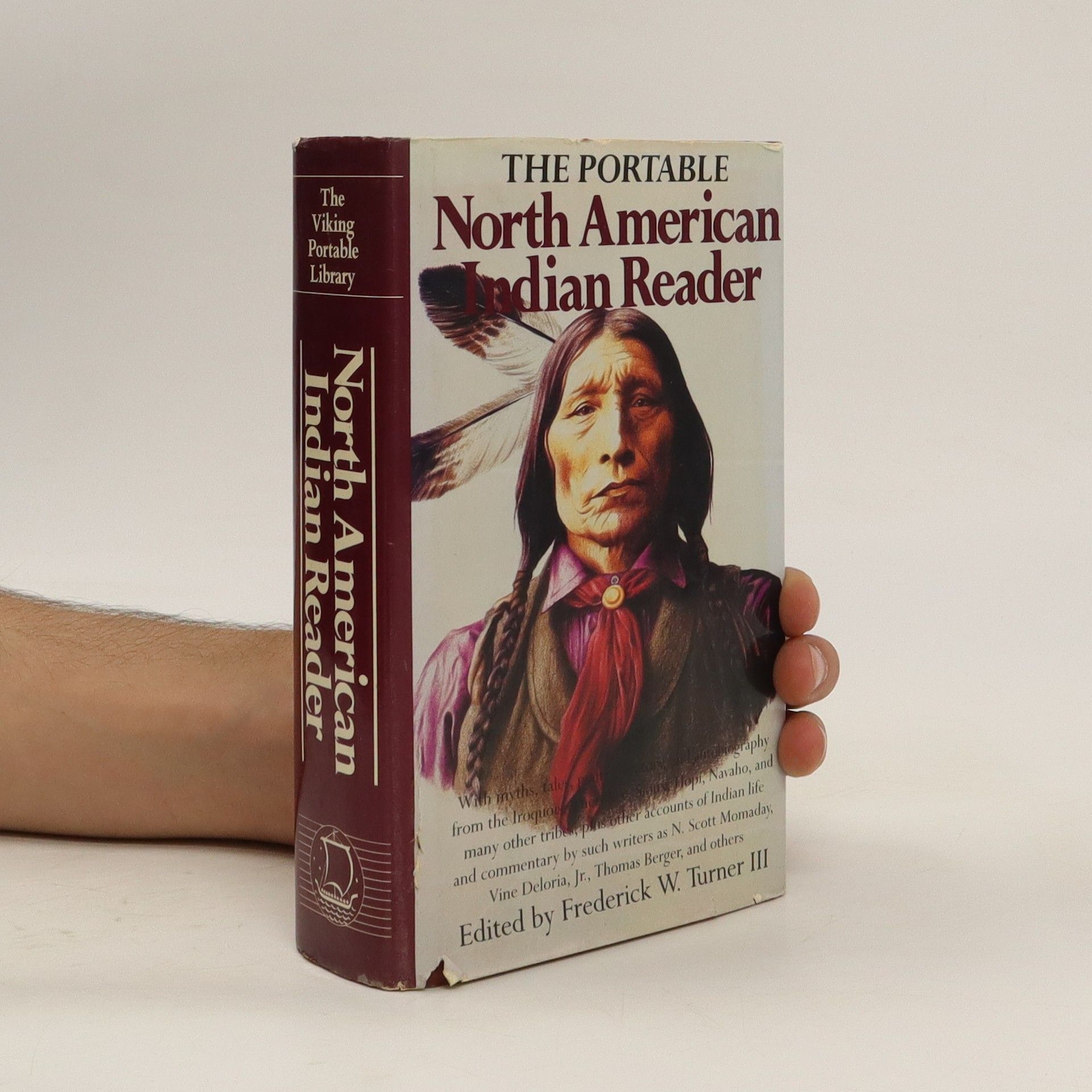Frederick W. Turner Bücher



Geronimo, His Own Story
The Autobiography of a Great Patriot Warrior - Newly Revised and Edited With an Introduction and Notes by Frederick Turner
- 208 Seiten
- 8 Lesestunden
The Autobiography of a Great Patriot WarriorThis book contains one of the most extraordinary and invaluable documents in the annals of Native American history--the authentic testament of a remarkable "war shaman" who for several years held off both Mexico and the United States in fierce defense of Apache lands. During 1905 and 1906, Geronimo, the legendary Apache warrior and honorary war chief, dictated his story through a native interpreter to S.M. Barrett, then superintendent of schools in Lawton, Oklahoma. As Geronimo was by then a prisoner of war, Barrett had made appeals all the way up the chain of command to President Teddy Roosevelt for permission to record the word of the "Indian outlaw." Geronimo came to each interview knowing exactly what he wanted to cover, beginning with his telling of the Apache creation story. When at the end of the first session, Barrett posed a question, the only answer he received was a pronouncement--" Write what I have spoken."Now Geronimo's narrative, with S.M. Barrett's original commentary, has been set in historical perspective by Frederick Turner's new introduction on the latest scholarship about the period. These elements combine in Geronimo: His Own Story to provide unique insights into the believes, customs, and way of life of a remarkable man and h is people.
In this groundbreaking work, Frederick Turner presents a new theory of aesthetics, arguing that beauty is an objective reality in the universe and a pancultural, neurobiological phenomenon. He draws on diverse fields such as ritual performance, paleoanthropology, neurobiology, cosmology, chaos theory, and fractal mathematics to describe evolution as a self-organizing process that fosters advanced self-reflection. Turner posits that the experience of beauty is a recognition of this evolutionary process and serves as a reward for participation in it. He suggests that aesthetic beauty functions adaptively, driving evolution through sexual selection, where individuals sensitive to beauty thrived amid cultural changes and excelled in mating rituals, contributing positively to species evolution. Additionally, he explores how neurotransmitters in the brain respond to inherited systems of beauty appreciation. Turner also discusses the implications of his theory for art and literature, asserting that artistic forms must be rooted in our biological inheritance, challenging modernist culture's rejection of beauty. This work radically departs from contemporary views in psychology, sociology, philosophy, and art, offering an alternative perspective that will engage a diverse audience, including artists, critical theorists, and philosophers.